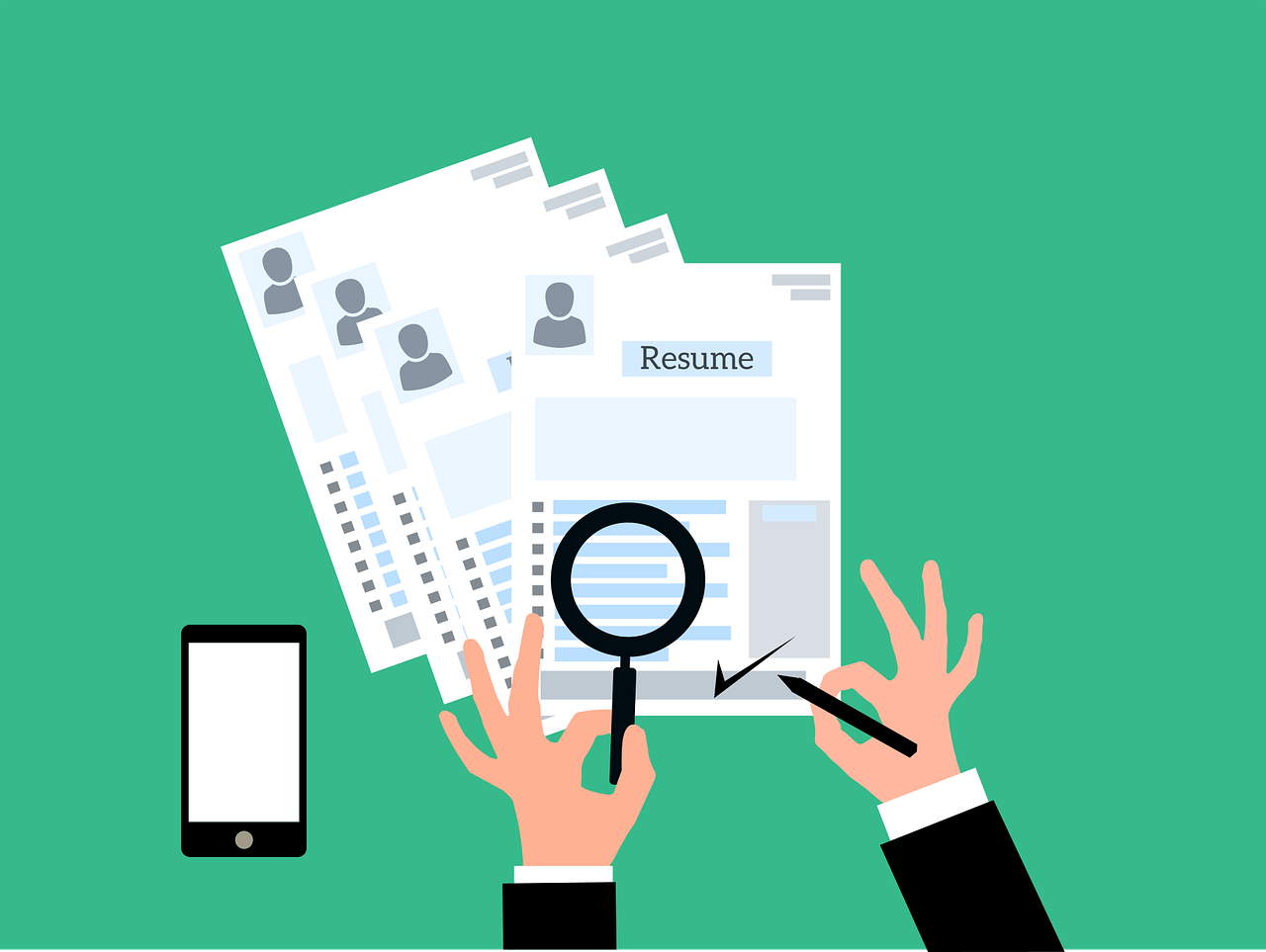Introduction to The C.W. Park USC lawsuit
The C.W. Park USC lawsuit has garnered significant attention and raised numerous questions about legal procedures, university policies, and the rights of individuals within academic institutions. This article aims to provide an in-depth understanding of the case, its implications, and the broader context surrounding it. By breaking down complex legal jargon and presenting the facts in an easy-to-understand manner, this guide will help readers grasp the nuances of the lawsuit and its potential impact.
Background of the C.W. Park USC Lawsuit
Who is C.W. Park?
C.W. Park is a former faculty member at the University of Southern California (USC). Known for his contributions to the field of marketing, Park has had a distinguished academic career, with numerous publications and accolades to his name. His tenure at USC was marked by both professional success and controversy, ultimately leading to the lawsuit in question.
What Led to the Lawsuit?
The lawsuit involves allegations of wrongful termination, discrimination, and breach of contract. Park claims that his dismissal from USC was unjust and that it was motivated by discriminatory practices. The specifics of these allegations include issues related to workplace environment, administrative decisions, and Park’s interactions with colleagues and students.
Key Parties Involved
- C.W. Park: Plaintiff, former USC professor.
- University of Southern California (USC): Defendant, one of the leading private research universities in the United States.
- USC Administration and Legal Team: Representing the university in legal proceedings.
- Park’s Legal Representation: Advocating on behalf of C.W. Park.
Detailed Examination of the Allegations
Wrongful Termination
Definition and Legal Framework
Wrongful termination occurs when an employee is fired in violation of legal protections. This can include breaches of contract, violations of public policy, or discriminatory practices. In Park’s case, he alleges that his termination did not follow due process and was based on unlawful reasons.
Evidence Presented
Park has provided various forms of evidence to support his claims, including:
- Emails and Correspondence: Communications between Park and USC administration.
- Performance Reviews: Documents showing his professional evaluations.
- Witness Testimonies: Statements from colleagues and students who interacted with Park.
USC’s Defense
USC has countered these claims by presenting their own evidence and justifications for Park’s dismissal. They argue that the termination was based on legitimate reasons, such as performance issues or violations of university policies.
Discrimination Claims
Nature of Discrimination
Park’s lawsuit includes allegations of discrimination based on race, age, and national origin. He contends that these factors influenced the decision to terminate his employment and that he was treated unfairly compared to his peers.
Legal Standards for Discrimination
To prove discrimination, Park must demonstrate that:
- He belongs to a protected class.
- He was qualified for his position.
- He suffered an adverse employment action.
- The action occurred under circumstances suggesting discriminatory intent.
Supporting Evidence
- Comparative Analysis: Park’s treatment compared to other faculty members.
- Direct Statements: Alleged discriminatory remarks or actions by USC officials.
- Statistical Data: Trends in hiring, promotion, and termination at USC.
Breach of Contract
Terms of Employment
Park’s contract with USC outlined specific terms and conditions of his employment, including job responsibilities, performance expectations, and grounds for termination. He alleges that USC violated these terms.
Breach Allegations
- Failure to Follow Procedures: Park claims that USC did not adhere to the contractual procedures for termination.
- Unjustified Reasons: He argues that the reasons given for his dismissal were not valid under the contract.
Evidence and Counterarguments
- Contract Documentation: The actual terms of the employment contract.
- Performance Records: Evidence of Park’s fulfillment of his contractual duties.
- USC’s Justifications: The university’s rationale for the termination.
Legal Proceedings and Developments
Initial Filing
The lawsuit was filed in [insert date], marking the beginning of the legal battle between Park and USC. The initial complaint detailed the allegations and requested remedies, including damages and reinstatement.
Pre-Trial Motions and Hearings
Since the filing, several pre-trial motions and hearings have taken place. These include:
- Motions to Dismiss: USC’s attempts to have the case thrown out.
- Discovery Process: Exchange of evidence and information between the parties.
- Preliminary Injunctions: Requests for immediate relief pending the outcome of the case.
Trial Phase
The trial phase involves presenting the case before a judge or jury. Key components include:
- Opening Statements: Outlining the arguments and evidence.
- Witness Testimonies: Statements from individuals with relevant information.
- Cross-Examinations: Challenging the credibility and accuracy of testimonies.
- Closing Arguments: Summarizing the case and urging the desired outcome.
Possible Outcomes
The lawsuit can result in various outcomes, including:
- Verdict in Favor of Park: Finding USC liable for wrongful termination, discrimination, or breach of contract.
- Verdict in Favor of USC: Dismissing Park’s claims and upholding the termination.
- Settlement: An agreement between the parties to resolve the dispute without a trial.
Broader Implications of the Lawsuit
Impact on USC
- Reputation: The lawsuit has potential repercussions for USC’s reputation, affecting its standing in the academic community and public perception.
- Policies and Practices: USC may need to re-evaluate its employment policies and practices to prevent similar issues in the future.
- Financial Consequences: Legal fees, potential damages, and other costs associated with the lawsuit.
Impact on Academic Institutions
- Precedent Setting: The case could set legal precedents affecting employment practices in academia.
- Policy Revisions: Other institutions may review and revise their own policies in response to the case.
- Awareness and Advocacy: Increased awareness of employment rights and advocacy for fair treatment within academic settings.
Key Takeaways and Lessons Learned
Importance of Documentation
Both parties in the lawsuit have relied heavily on documentation to support their claims. This highlights the importance of maintaining thorough records of communications, performance reviews, and contractual agreements.
Understanding Employment Rights
Employees should be aware of their rights under employment laws and their specific contractual terms. This knowledge is crucial for recognizing and addressing potential violations.
Proactive Policy Review
Organizations should regularly review and update their policies to ensure compliance with legal standards and to foster a fair and inclusive workplace environment.
YOU MAY ALSO LIKE: MyFlexBot: Your Ultimate Guide to Flexibility and Automation
Conclusion
The C.W. Park USC lawsuit is a complex and multifaceted case that underscores the significance of employment rights, university policies, and legal procedures. By breaking down the key elements of the case, this guide aims to provide a clear and comprehensive understanding of the issues at hand. As the lawsuit progresses, it will continue to shape discussions and practices within academic institutions and beyond.
Additional Resources
Further Reading
- Legal Texts on Employment Law: For those interested in the legal principles involved in the case.
- Academic Journals on Higher Education: Articles exploring employment practices and policies in academia.
Support and Advocacy Groups
- American Association of University Professors (AAUP): Advocates for the rights and interests of faculty members.
- Equal Employment Opportunity Commission (EEOC): Federal agency that enforces laws against workplace discrimination.
Legal Assistance
- Employment Lawyers: Legal professionals specializing in employment law and workplace rights.
- University Legal Clinics: Law school clinics offering legal services and support.
By understanding the details of the C.W. Park USC lawsuit, readers can better appreciate the complexities of employment disputes in academic settings and the importance of fair and lawful practices.
FAQS
Frequently Asked Questions (FAQs) about the C.W. Park USC Lawsuit
1. What are the main allegations in the C.W. Park USC lawsuit?
Answer: The main allegations in the C.W. Park USC lawsuit include wrongful termination, discrimination, and breach of contract. Park claims that his dismissal from the University of Southern California was unjust and motivated by discriminatory practices based on race, age, and national origin. He also alleges that USC violated the terms of his employment contract by not following proper procedures for termination.
2. Who is C.W. Park, and what was his role at USC?
Answer: C.W. Park is a former faculty member at the University of Southern California (USC), known for his contributions to the field of marketing. During his tenure at USC, Park earned recognition for his academic work, including numerous publications and accolades. He was involved in teaching and research until his dismissal, which led to the current lawsuit.
3. What could be the potential outcomes of the lawsuit?
Answer: The potential outcomes of the lawsuit include:
- Verdict in Favor of Park: USC may be found liable for wrongful termination, discrimination, or breach of contract, possibly leading to damages awarded to Park and reinstatement.
- Verdict in Favor of USC: Park’s claims may be dismissed, and the termination upheld as legitimate.
- Settlement: The parties may agree to resolve the dispute without a trial, possibly involving financial compensation and other terms mutually agreed upon.
4. How might the lawsuit impact USC and other academic institutions?
Answer: The lawsuit could impact USC by affecting its reputation, necessitating policy and practice revisions, and potentially resulting in financial consequences from legal fees and damages. For other academic institutions, the case might set legal precedents influencing employment practices, prompting policy reviews to ensure compliance with legal standards, and increasing awareness of employment rights within academia.
5. What evidence has been presented in the C.W. Park USC lawsuit?
Answer: Evidence presented in the lawsuit includes:
- Emails and Correspondence: Communications between Park and USC administration.
- Performance Reviews: Documents showing Park’s professional evaluations.
- Witness Testimonies: Statements from colleagues and students.
- Comparative Analysis: Evidence of Park’s treatment compared to other faculty members.
- Contract Documentation: Terms of Park’s employment contract and USC’s justifications for his termination.
USC has also presented evidence to defend its actions, arguing that the termination was based on legitimate reasons, such as performance issues or policy violations.








